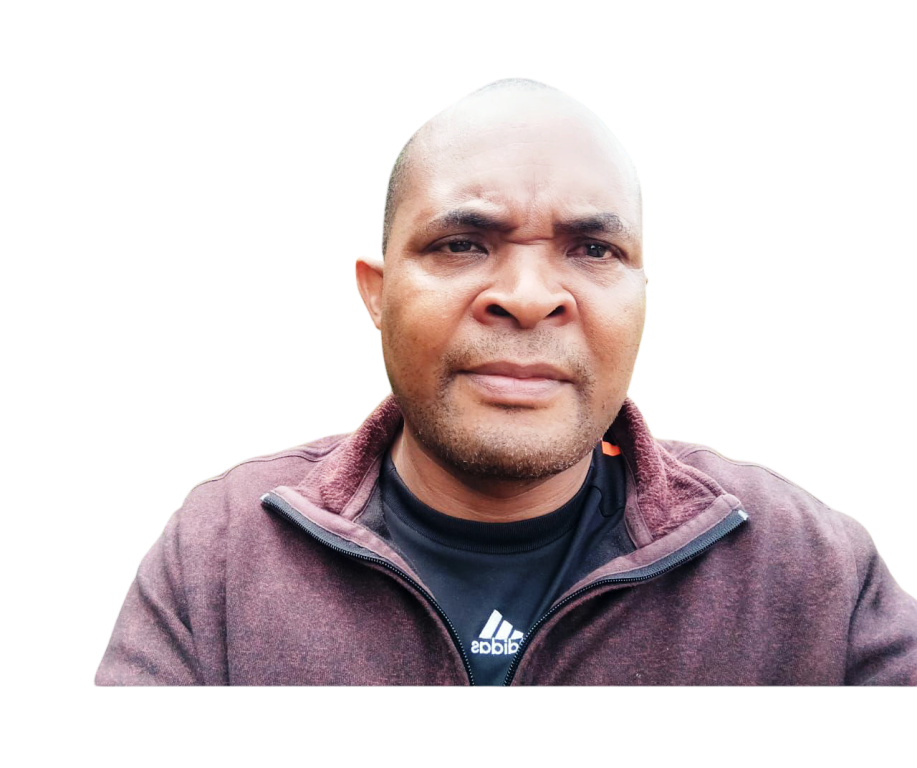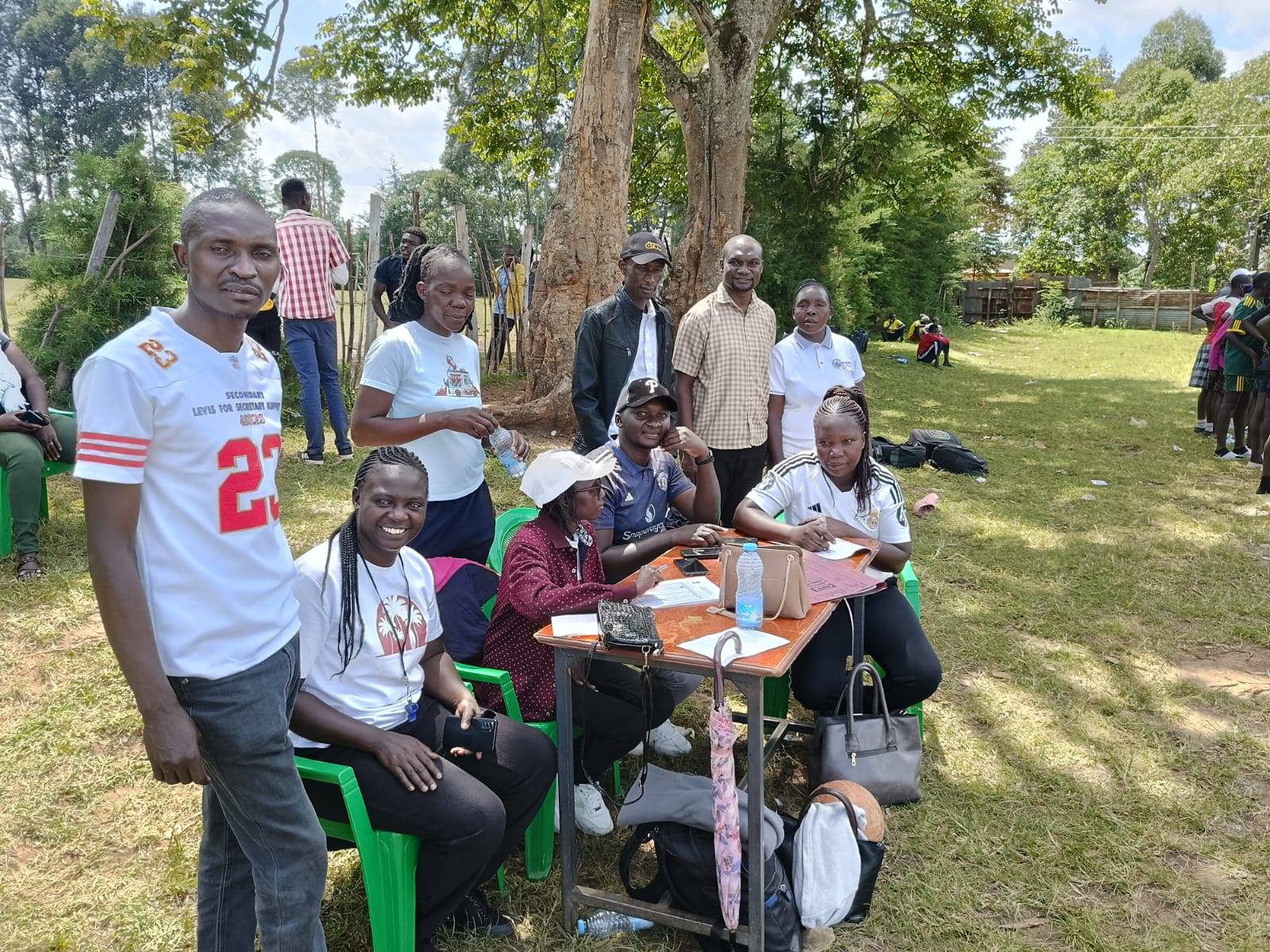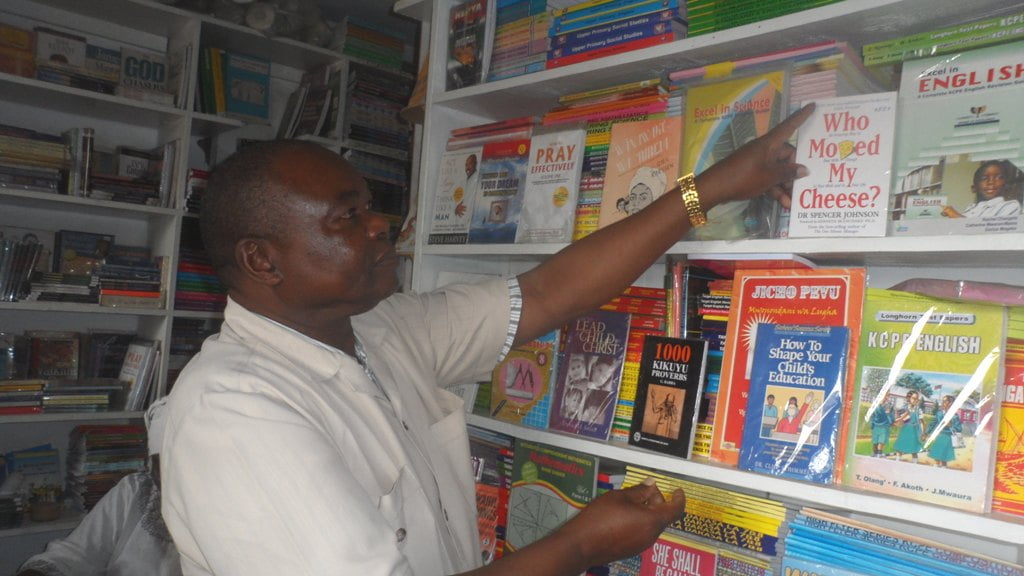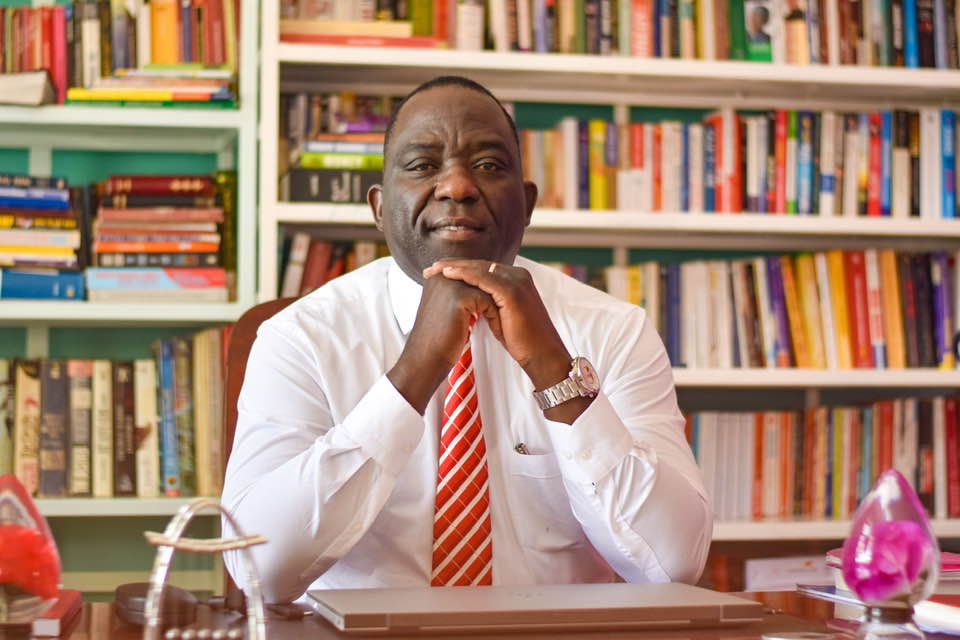In the wake of the chilling revelations from Alliance Girls – where young girls allegedly endured years of sexual abuse, humiliation, and manipulation at the hands of a trusted teacher – it is no longer possible to pretend that our schools are safe by default. This horrific story is not just about one national school. It is a mirror held up to a country that has for too long silenced the cries of its children. If this could happen in a prestigious, well-established institution with the brightest of girls, how many other students in less visible schools have suffered in silence, denied justice, closure, or healing? This ordeal has opened a Pandora’s box. We must re-examine our social fabric.
There is a wound that rarely makes it into national conversations, yet it festers in silence and shadows – the trauma inflicted on students by their high school teachers. These are not just bad memories or classroom embarrassments. For many, these experiences left deep emotional, psychological, and even physical scars that they carry into adulthood. Some become parents, caregivers, professionals, yet they remain haunted by echoes of humiliation, abuse, or violence suffered at the hands of individuals who were entrusted with their formation.
Teachers are meant to be mentors, guides, and protectors. The classroom is supposed to be a sanctuary where curiosity is nurtured, talents are sharpened, and identity is formed. But what happens when that sanctuary becomes a theatre of fear? What happens when the person meant to encourage becomes the agent of ridicule? When a teacher uses their authority to belittle a student, to slap, pinch, mock, or even destroy their self-confidence under the guise of discipline? The damage runs deep.
Many adults walking around today have never recovered. They may laugh off their high school days, even joke about the ‘tough’ teachers, but behind the jokes lies unresolved pain. Ask the adult who still struggles with public speaking because a teacher once called them stupid in front of the class. Speak to the woman who cannot trust male authority figures because her male teacher used to touch her inappropriately or stare at her with eyes that stripped her dignity. Engage the man who became violent with his children because that is how his teacher taught him discipline—through the belt and the cane, through shame and coercion. The ghosts of those classrooms never left them.
There are children who were labelled as failures before they had even begun to explore their potential. “You will never make it.” “You are useless.” These are words that street bullies or cruel strangers did not utter, but by teachers, often in front of peers. These words became prophecies. Self-fulfilling and destructive. Some students rebelled and dropped out. Others internalised the shame, went quiet, and lived in the margins of life, forever convinced of their inadequacy. The tragedy is not just in the wound, but in the silence that followed it. No one apologised. No one acknowledged the damage. Closure never came.
Even worse, society often romanticises the role of teachers as if their status automatically absolves them of wrongdoing. There is little room for victims to speak. When a student attempts to report abuse, they are told not to spoil a teacher’s name, not to disrespect elders. They are told to endure. In such systems, a teacher’s reputation is more sacred than a student’s well-being. The pain is buried, and with it, the possibility of healing.
And so the cycle continues. The traumatized student becomes a parent—yet still carries the distrust, the pain, the fear. They may overcompensate by being overly permissive with their children, or they may repeat the very patterns of punishment and silence they were subjected to. They may never step into a classroom again without feeling unease. They may fear authority, hate schools, or avoid community events. Their adult lives are shaped by formative years that were anything but safe.
READ ALSO:
This is why teachers will receive the harshest judgment – not just from society or the justice system, but from the truth itself. To harm a child is to violate something sacred. But to harm a child under the guise of educating them is a double betrayal. It is a crime not only against the body and mind but against the soul. Teachers hold power that is spiritual in nature. They are builders of identity. If they choose to break instead of build, they corrupt the very mission they were entrusted with.
The Alliance Girls case has not just opened wounds; it has reminded many of wounds that never closed. Social media platforms are now filled with adults narrating their school trauma, some for the first time in decades. These are not exaggerations. These are not vendettas. These are truths that have been waiting for the right moment to be heard. That moment is now.
Not every teacher is guilty, of course. Many serve with dedication and sacrifice. But that is not a reason to protect those who abuse the same title. Silence is complicity. When schools cover up abuse, when ministries of education ignore complaints, when society shames victims into silence, we are not protecting education – we are protecting tyranny. It is time to reckon with the truth: some of the worst scars children bear are inflicted not in war zones, but in classrooms. And the perpetrators wore ties and carried chalk.
Healing will begin when we allow victims to speak, believe them, and seek accountability. Closure will only come when apologies are made, wrongs acknowledged, and systems reformed to prioritize student safety above all else. Until then, the shadow of these abusive teachers will linger, not only in the memories of their students, but in the inherited trauma passed on to the next generation. We cannot heal what we refuse to name. We cannot protect the future if we keep burying the past. The reckoning must come – not for revenge, but for restoration.
A society is judged by how it treats its children. And those who were entrusted with guiding children, but chose instead to wound them, will face the greatest reckoning – not just in the eyes of the law, but in the judgment of time, history, and the very souls they failed.
By Ashford Gikunda
Ashford Gikunda teaches English and Literature in Gatundu North Sub County and serves as Dean of Students.
You can also follow our social media pages on Twitter: Education News KE and Facebook: Education News Newspaper for timely updates.
>>> Click here to stay up-to-date with trending regional stories
>>> Click here to read more informed opinions on the country’s education landscape
>>> Click here to stay ahead with the latest national news.






